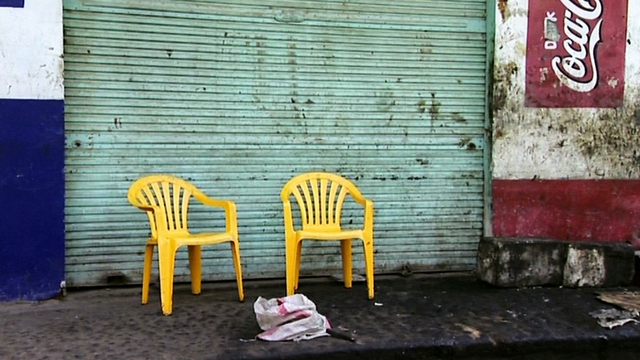Life In Plastic
 Plastic is the backbone of our society but oil reserves are decreasing and evidence points to its noxious effects on our health and the environment. Could intelligent recycling be the answer?
Plastic is the backbone of our society but oil reserves are decreasing and evidence points to its noxious effects on our health and the environment. Could intelligent recycling be the answer?
Hundreds of miles in the open Pacific, a jellyfish is drifting among plastic bags, bits of waste trapped in its tentacles. 'We found the water column there contains six times more plastic than animal life', warns this marine biologist. 'Chemicals released from plastic pass along the food chain. The creatures at the end of it, man himself, get the entire load'. Currents gather waste from the coast forming a carpet of rubbish the size of Central Europe. The harmful effects of those chemicals on the human body range from infertility to cancer. The solution? Cradle to cradle recycling. Environmental chemist Michael Braungart aims at creating products that could be recycled an infinite number of times. 'Even at the planning stage of a product, we think of how and where it's useful life will end. This means that each constituent must initially be non-toxic and all constituents must be easily separable.' He boldly claims, 'All things can be reinvented'.
FULL SYNOPSIS

